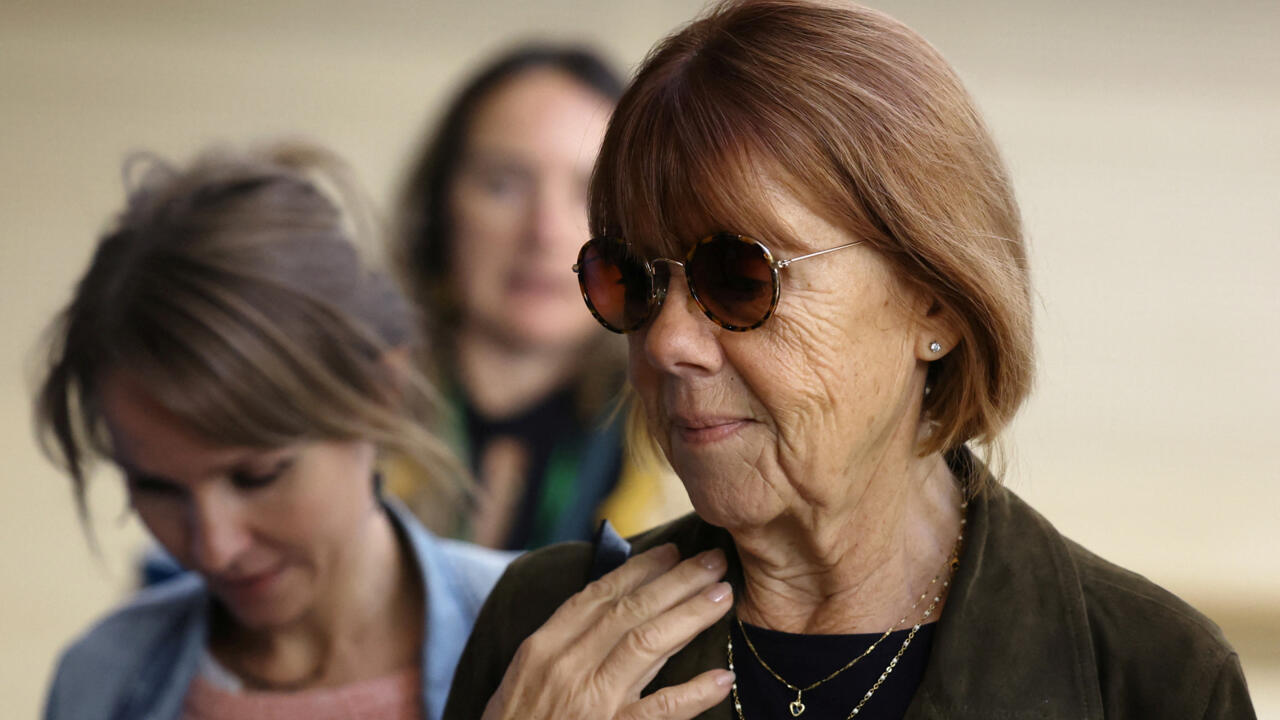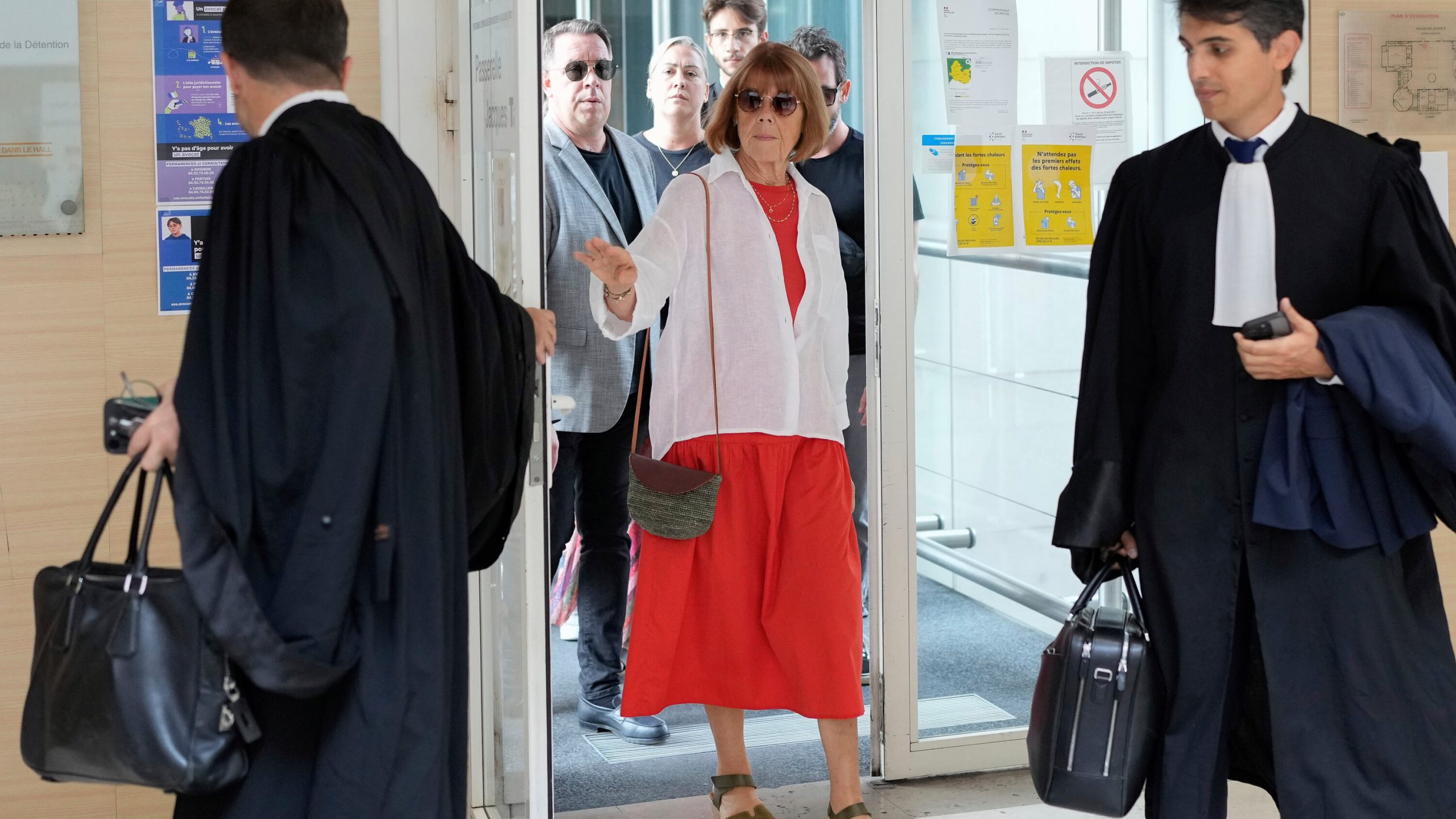The French rape trial involving Gisele Pelicot, which has garnered widespread attention, resulted in the conviction of 51 men for raping and attempting to rape her over many years. Among the convicted was her husband, Dominique Pelicot, who was sentenced to 20 years in prison for drugging and organizing the abuse. The other 50 men received sentences ranging from 3 to 15 years. Outside the courtroom in Avignon, crowds of demonstrators erupted in applause, showing their support for Pelicot and the feminist movement that emerged from her case, symbolized by the phrase “shame must change sides.”
Gisele Pelicot made the bold decision to waive her anonymity during the trial, publicly sharing the details of her abuse. The men involved in her rape were from diverse backgrounds, including firemen and DJs, with some married and others single. This stark contrast in their identities led many to refer to them as “Mr. Everyman,” highlighting the shocking nature of the case. Dominique Pelicot admitted his guilt early in the trial, acknowledging his role in the abuse alongside the others.
The case began when Dominique Pelicot was arrested in 2020 for attempting to take inappropriate photographs of women in a supermarket. During the investigation, police discovered hundreds of images on his devices showing his wife being abused by him and numerous other men. This revelation shattered what Gisele Pelicot had believed to be a happy marriage of over fifty years, prompting her to divorce her husband before the trial started. The case also exposed deeper issues within the French legal system regarding the handling of sexual violence.

French Rape Trial Convicts 51 Men, Sparks Debate on Sentences and Systemic Sexual Violence Issues
Throughout the trial, there were sharp criticisms of France’s approach to sexual violence. Feminist groups, as well as Pelicot herself, pointed out the country’s low conviction rates for rape and the deeply ingrained “rape culture.” A key aspect of the case was the issue of “chemical submission,” where victims are drugged during assaults. Pelicot, before learning the truth, had believed her blackouts were due to health issues such as a brain tumor or Alzheimer’s disease. The case led to calls for better training of healthcare professionals to identify signs of drug-assisted rape, with organizations like Le Maison des Femmes taking action in response.
Pelicot’s children also spoke out during the trial, expressing their deep anger and pain. Her two sons declared their father “dead” to them, while her daughter, Caroline Darian, believes she was also a victim of her father’s abuse. Although Dominique Pelicot denies this claim, disturbing images of Darian were found on his devices. Darian has since launched a campaign, #Mendorspas, to raise awareness about drug-assisted rape, and is writing a book to share her story and the broader struggle against this form of abuse.
While the convictions were celebrated by many feminists, the sentences were met with disappointment by others who felt they were too lenient. The 50 men convicted received sentences of 3 to 15 years, which fell short of the prosecution’s request for 4 to 18 years. Critics, including feminist leaders, argued that the trial’s long duration, intrusive questioning, and the relatively mild sentences highlighted ongoing flaws in the justice system’s treatment of rape cases. Activists like Anissa Rami expressed frustration but also hope that the trial would keep the conversation about sexual violence in the public eye, giving victims the courage to speak out and supporting the fight for justice.











































